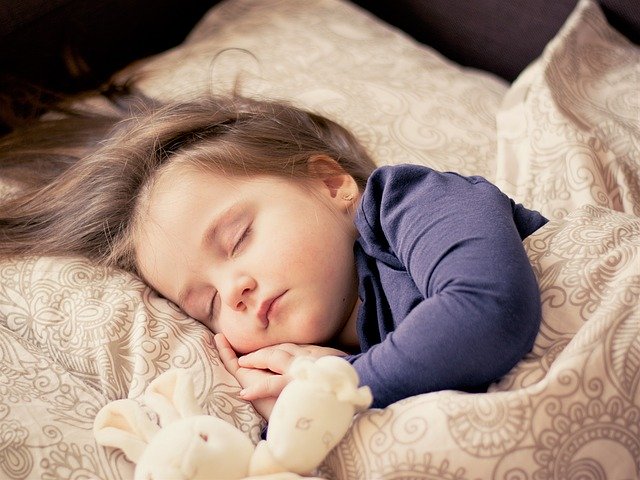
In a new study, researchers found that children with autism have more significant sleep difficulties caused by shallower brain waves than typically developing children.
The research was conducted by a team at Ben-Gurion University of the Negev (BGU).
Previous studies have shown that 40% to 80% of children on the autism spectrum have some form of sleep disturbances—trouble falling asleep, frequent awakening during the night and rising early—which creates severe challenges for the children and their families.
Determining the causes that create these sleep disturbances is the first critical step in finding out how to mitigate them.
The research team examined the brain activity of 29 children with autism and 23 children without.
Their brain activity was recorded as they slept during an entire night in the Sleep Lab.
Normal sleep starts with periods of deep sleep that are characterized by high amplitude slow brain waves.
However, the recordings revealed that the brain waves of children with autism are, on average, 25% weaker (shallower) than those of typically developing children.
This means that they have trouble entering deep sleep—the most critical aspect of achieving a restful and rejuvenating sleep experience.
The team says for the first time, they found that children with more serious sleep issues showed brain activity that indicated more shallow and superficial sleep.
They also found a clear relationship between the severity of sleep disturbances as reported by the parents and the reduction in sleep depth.
It appears that children with autism, and especially those whose parents reported serious sleep issues, do not tire themselves out enough during the day, do not develop enough pressure to sleep and do not sleep as deeply.
Now that the team has identified the potential physiology underlying these sleep difficulties, they are planning follow-up studies to determine how to generate deeper sleep and larger brain waves.
This could include increasing daytime physical activity, behavioral therapies and pharmacological alternatives, such as medical cannabis.
The lead author of the study is BGU Prof. Ilan Dinstein.
The study is published in Sleep.
Copyright © 2019 Knowridge Science Report. All rights reserved.



